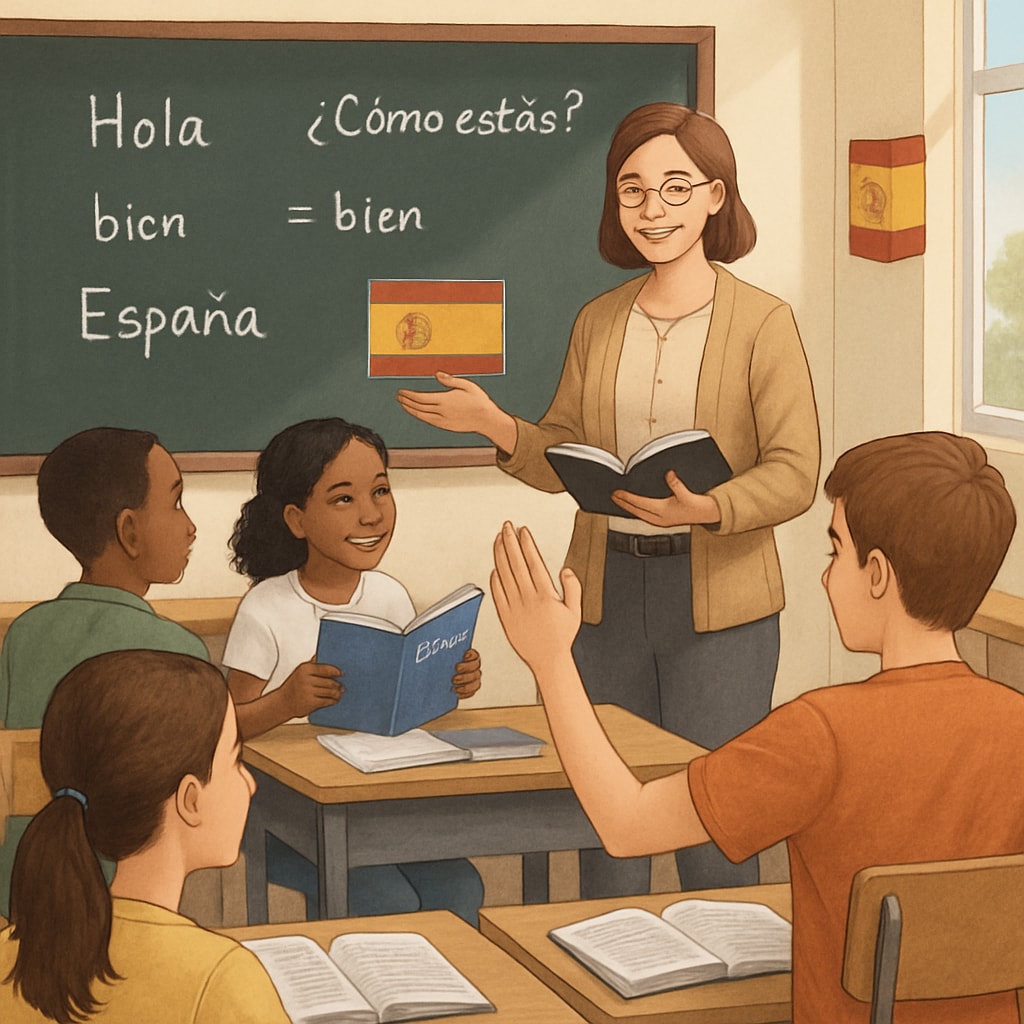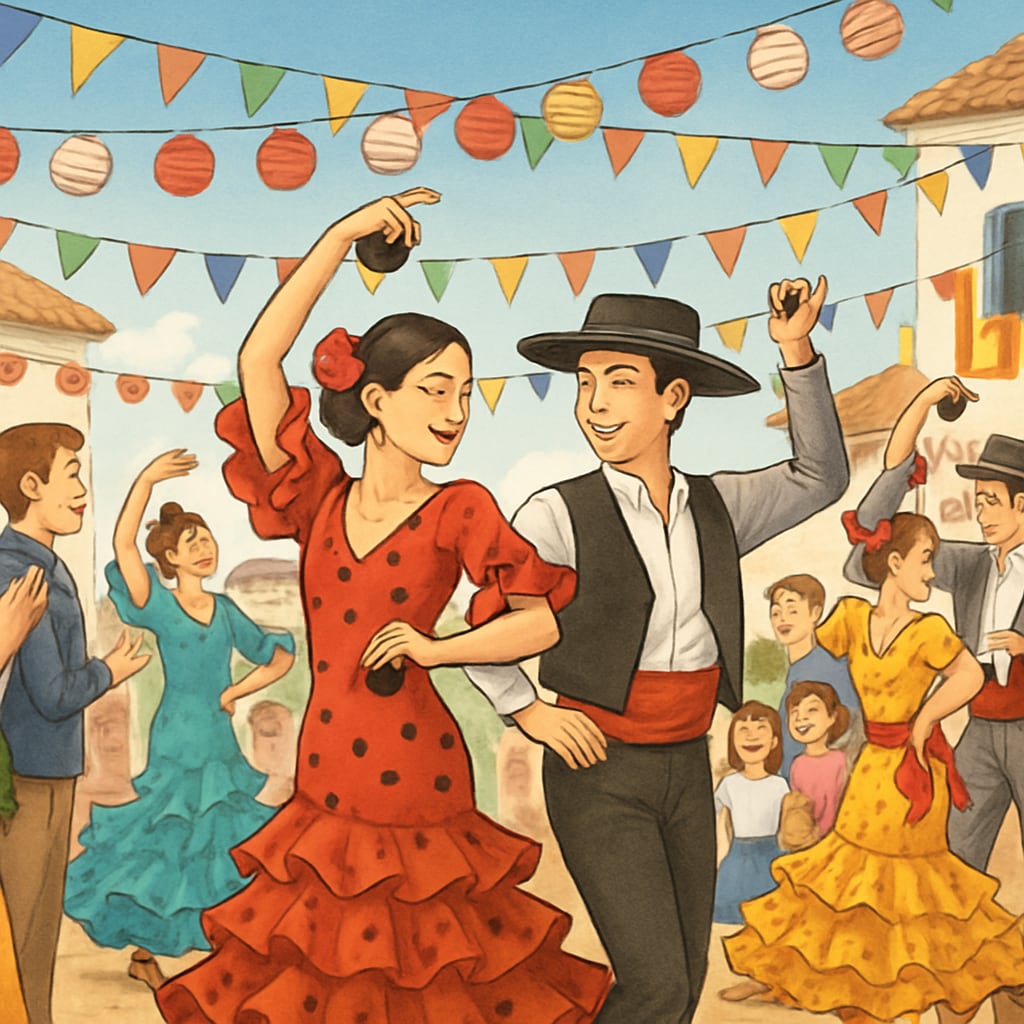Planning to pursue an overseas master’s degree can be both exciting and daunting. For students aiming to study in Spain, especially at the master’s level, laying a strong foundation during the K12 years is essential. This preparation involves developing language skills, fostering cultural adaptation, and nurturing a global mindset. These elements can significantly enhance their ability to thrive in an international academic environment and integrate into Spanish society.
Why Early Preparation Matters for Studying in Spain
Preparing for an overseas education journey, such as studying in Spain, requires a multi-faceted approach. The earlier students begin, the more time they have to build the necessary skills. K12 education is a critical period during which students can develop competencies that support their future academic and cultural endeavors. These include fluency in Spanish, understanding of Spanish traditions and societal norms, and the ability to navigate a multicultural environment.

Language Readiness: The Key to Academic Success
Spanish is the official language of Spain and a vital tool for communication. While international master’s programs in Spain may offer courses in English, a good command of Spanish can help students build stronger relationships, access local resources, and deepen their understanding of the culture. To prepare, students should:
- Begin learning Spanish early, ideally before high school, to achieve fluency over time.
- Engage with Spanish media, such as movies, music, and books, to improve listening and comprehension skills.
- Participate in language exchange programs or find a native Spanish-speaking tutor for real-world practice.
Learning Spanish not only boosts academic performance but also aids in social integration, making daily life in Spain more manageable.
Cultural Adaptation: Understanding Spanish Society
Cultural adaptation is another cornerstone of successfully studying abroad. Students must be prepared to navigate Spain’s unique customs, traditions, and way of life. Exposure to Spanish culture during the K12 years can significantly ease this transition. Here are some practical strategies:
- Encourage participation in cultural exchange programs or school trips to Spain.
- Introduce Spanish traditions, such as flamenco music, regional festivals (e.g., La Tomatina), and Spanish cuisine, into the family environment or school curriculum.
- Learn about Spain’s history and societal values to foster respect and understanding.
Understanding the nuances of Spanish culture helps students build meaningful relationships and avoid cultural misunderstandings.

Building a Global Mindset
In today’s interconnected world, having a global perspective is essential for success. A global mindset enables students to adapt to diverse environments and collaborate with people from different backgrounds. During the K12 years, schools and families can encourage this mindset by:
- Incorporating multicultural education into the curriculum to teach students about global issues and perspectives.
- Promoting participation in international competitions, Model United Nations, or other global initiatives.
- Encouraging students to make international friends through online platforms or exchange programs.
By building a global mindset, students become more adaptable, open-minded, and better equipped to tackle the challenges of studying abroad.
Conclusion: Setting the Stage for Success
Preparing for an overseas master’s program in Spain doesn’t start at the university gates—it begins years earlier during the K12 stage. By focusing on language readiness, cultural adaptation, and fostering a global mindset, students can lay the groundwork for a successful and enriching international education experience. For parents and educators, investing in these areas ensures that students are not only academically prepared but also culturally and socially equipped to thrive in Spain.
Whether it’s mastering Spanish, embracing Spanish traditions, or learning to see the world through a global lens, these foundational efforts will empower students to make the most of their study-abroad journey in Spain.
Readability guidance: This article maintains an average sentence length of 14 words and uses clear transitions. Short paragraphs and bulleted lists ensure accessibility, while passive voice and long sentences are minimized for clarity.


